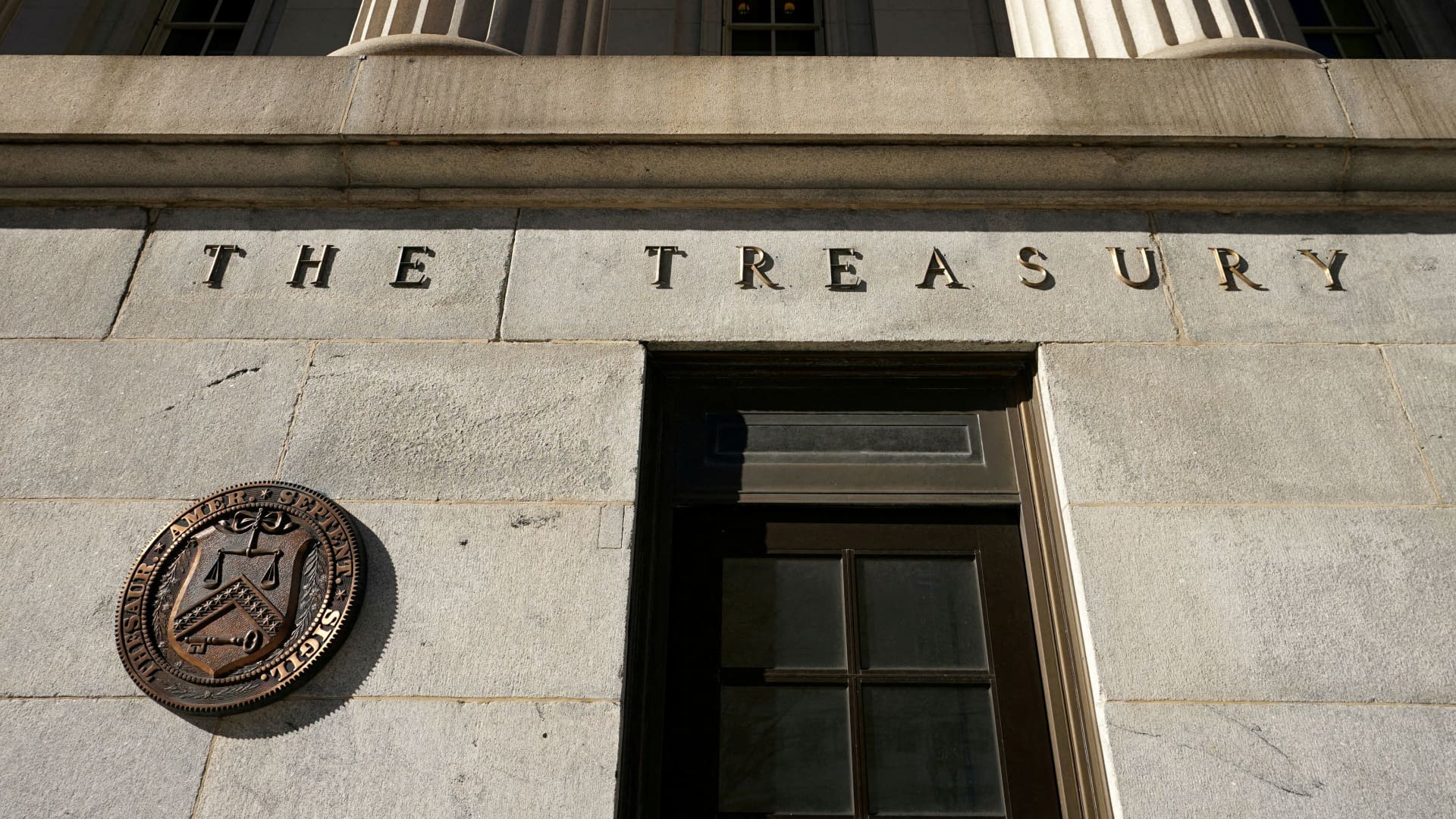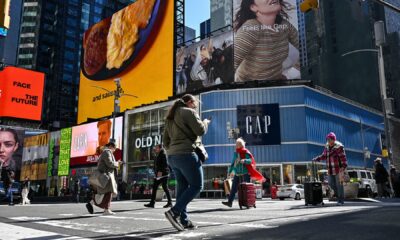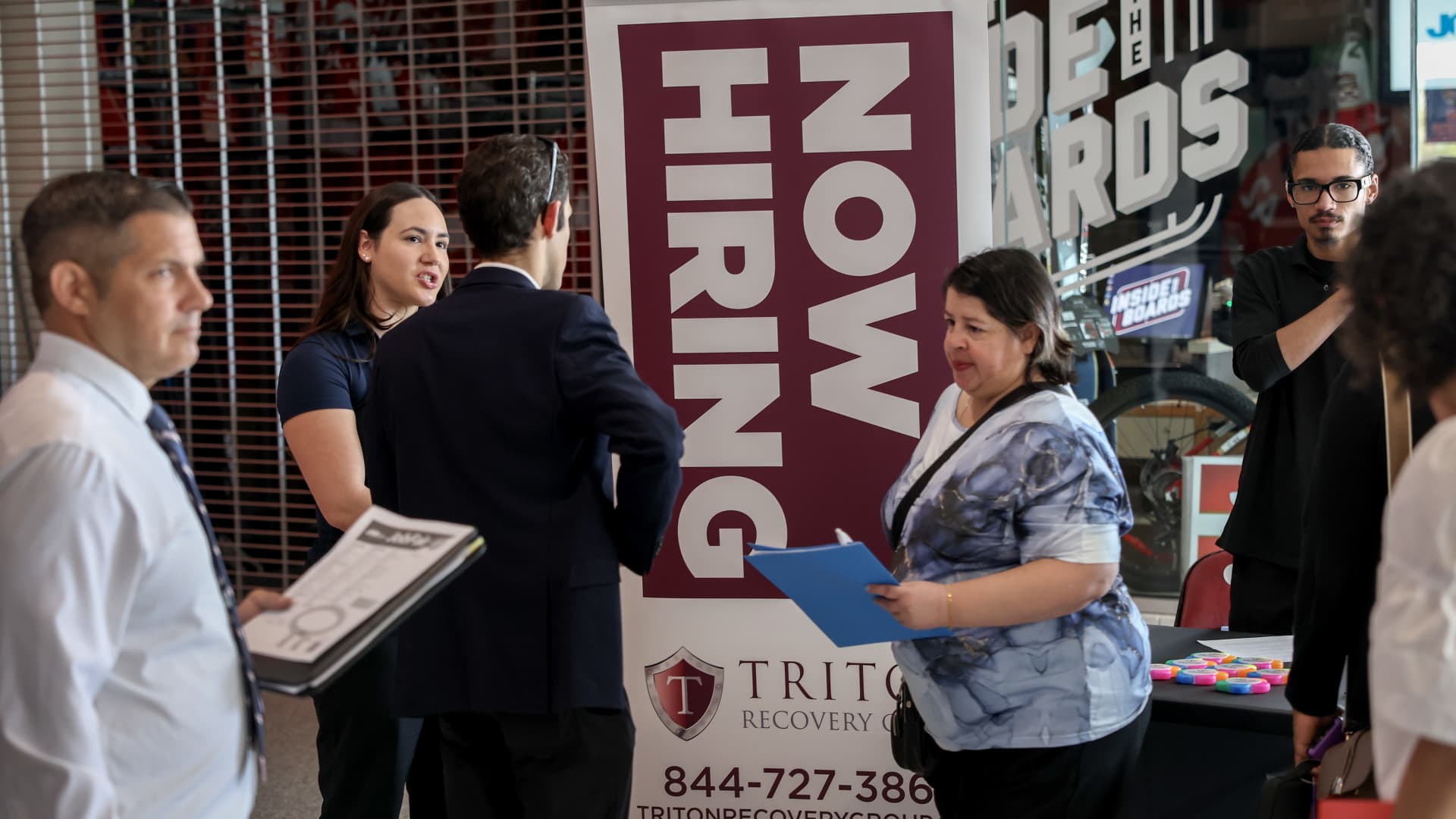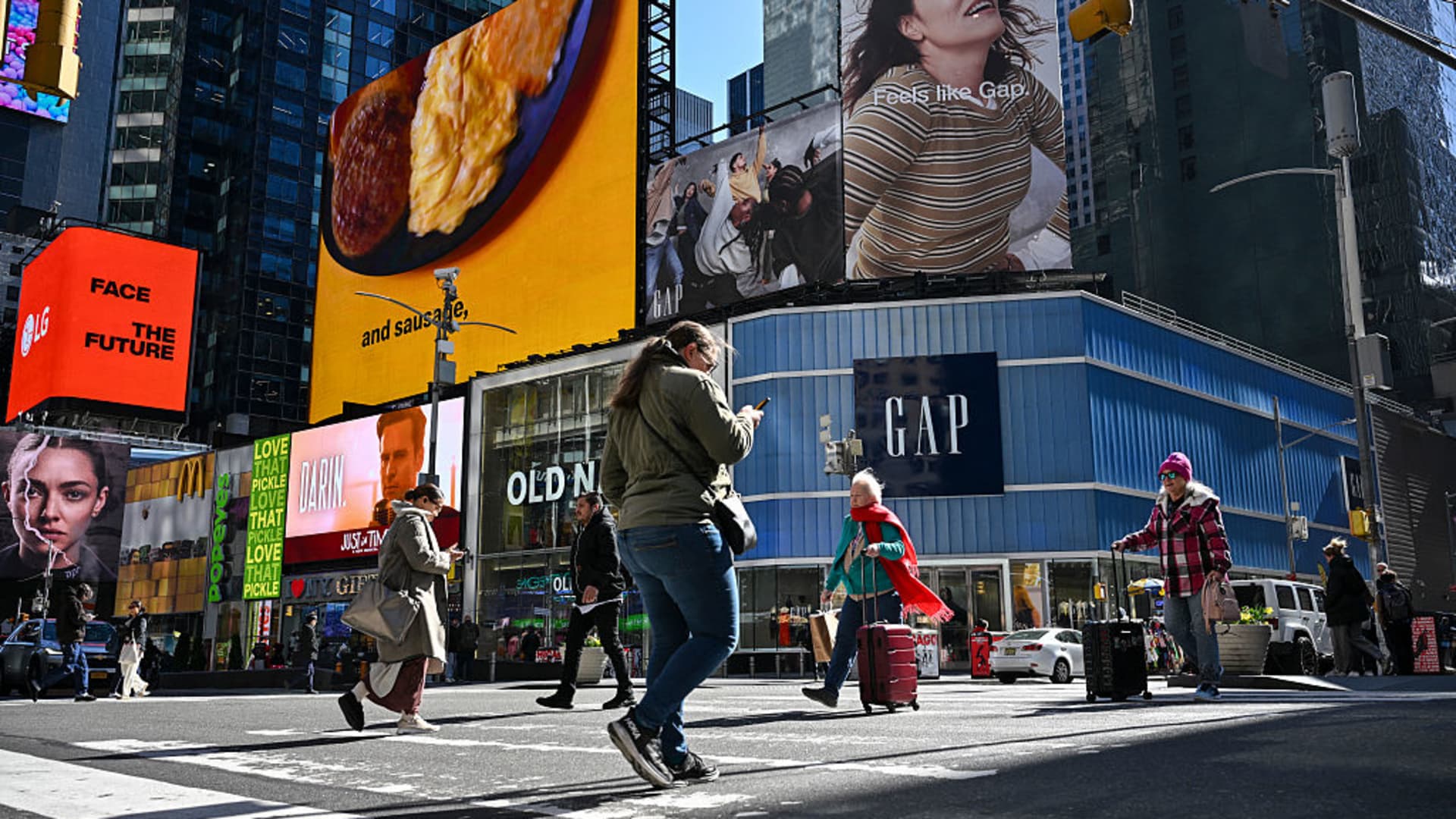Economic growth forecasts for the U.S. and globally were cut further by the Organisation for Economic Co-operation and Development as President Donald Trump’s tariff turmoil weighs on expectations.
The U.S. growth outlook was downwardly revised to just 1.6% this year and 1.5% in 2026. In March, the OECD was still expecting a 2.2% expansion in 2025.
The fallout from Trump’s tariff policy, elevated economic policy uncertainty, a slowdown of net immigration and a smaller federal workforce were cited as reasons for the latest downgrade.
Global growth, meanwhile, is also expected to be lower than previously forecast, with the OECD saying that “the slowdown is concentrated in the United States, Canada and Mexico,” while other economies are projected to see smaller downward revisions.
“Global GDP growth is projected to slow from 3.3% in 2024 to 2.9% this year and in 2026 … on the technical assumption that tariff rates as of mid-May are sustained despite ongoing legal challenges,” the OECD said.
It had previously forecast global growth of 3.1% this year and 3% in 2026.
“The global outlook is becoming increasingly challenging,” the report said. “Substantial increases in barriers to trade, tighter financial conditions, weaker business and consumer confidence and heightened policy uncertainty will all have marked adverse effects on growth prospects if they persist.”
Frequent changes regarding tariffs have continued in recent weeks, leading to uncertainty in global markets and economies. Some of the most recent developments include Trump’s reciprocal, country-specific levies being struck down by the U.S. Court of International Trade, before then being reinstated by an appeals court, as well as Trump saying he would double steel duties to 50%.
The OECD adjusted its inflation forecast, saying “higher trade costs, especially in countries raising tariffs, will also push up inflation, although their impact will be offset partially by weaker commodity prices.”
The impact of tariffs on inflation has been hotly debated, with many central bank policymakers and global analysts suggesting it remains unclear how the levies will impact prices, and that much depends on factors like potential countermeasures.
The OECD’s inflation outlook shows a notable difference between the U.S. and some of the world’s other major economies. For instance, while G20 countries are now expected to record 3.6% inflation in 2025 — down from 3.8% in March’s estimate — the projection for the U.S. has risen to 3.2%, up from a previous 2.8%.
U.S. inflation could even be closing in on 4% toward the end of 2025, the OECD said.

 Economics1 week ago
Economics1 week ago
 Economics6 days ago
Economics6 days ago
 Personal Finance6 days ago
Personal Finance6 days ago
 Accounting6 days ago
Accounting6 days ago
 Personal Finance1 week ago
Personal Finance1 week ago
 Economics7 days ago
Economics7 days ago
 Finance6 days ago
Finance6 days ago
 Personal Finance6 days ago
Personal Finance6 days ago






















